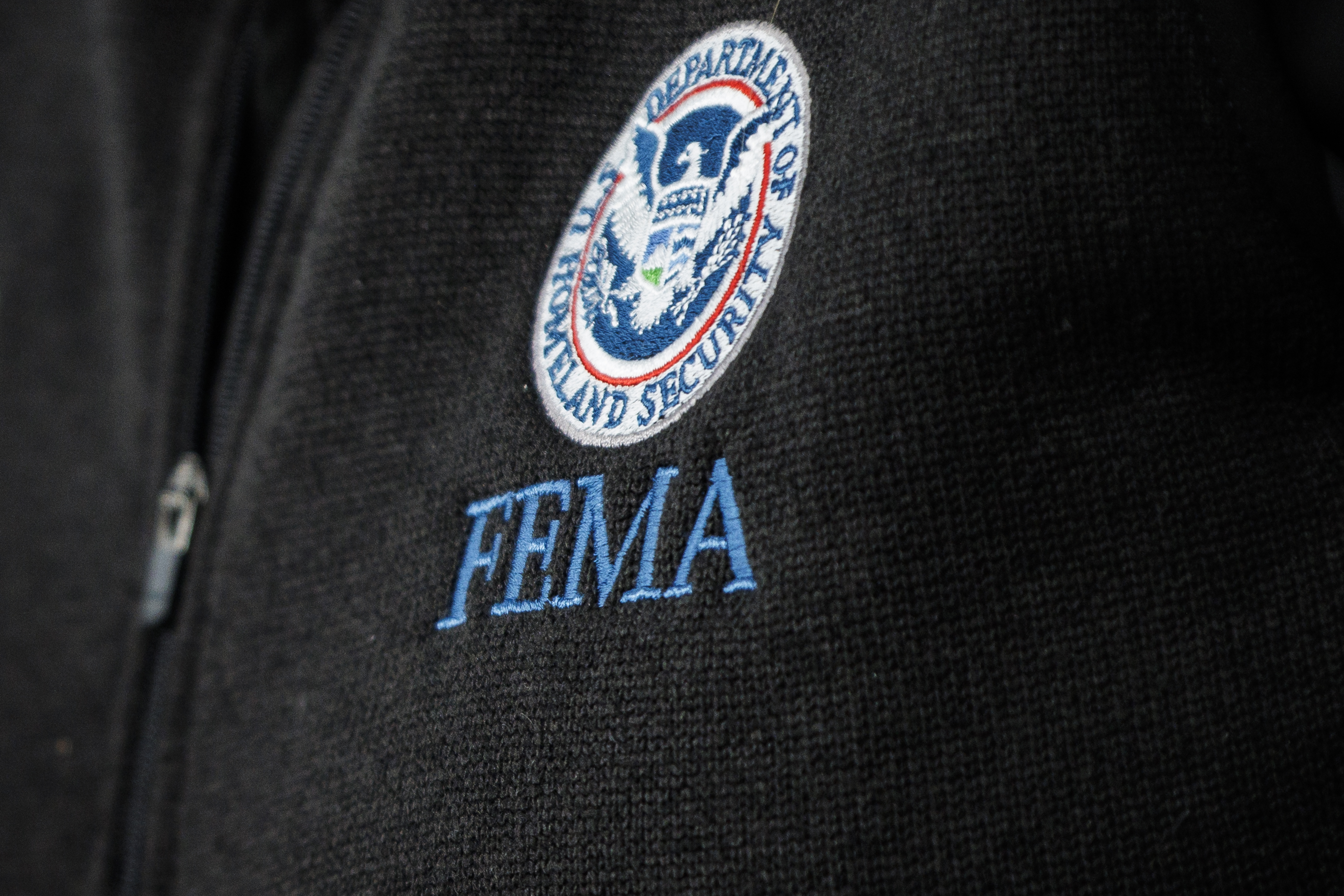The usual onslaught of February commercials using presidential birthday boy Abraham Lincoln to hawk everything from cars to sandwiches seems both extra silly – and, in an odd way, extra endearing – this year.
It's impossible these days, even when watching the old rail splitter endorse the $5 Footlongs "Februany" promotion at Subway, not to think about Steven Spielberg's epic "Lincoln," which rises on Daniel Day-Lewis' flesh-and-spirit embodiment of a performance. Februany – er, February – in addition to discounted sandwiches, gives us Lincoln's Feb. 12 birthday, President's Day and that most American of celebrations, the Oscars, in which "Lincoln" is widely considered to be up against the more recent U.S. tale "Argo" for top honors.
But forget about the awards: On his 204th birthday, the 16th president is a No. 1 hit, in history and the popular culture.
Spielberg succeeded in fashioning what we suspect will prove the enduring lens through which Lincoln will be viewed in the popular imagination. That's all the more impressive given nearly 150 years of books, plays and movies about the pivotal figure, who is running in a wig-and-stovepipe-hat tie with George Washington as our most chronicled and admired chief executive.
Day-Lewis' imagining of Lincoln's voice and his folksy manner seem likely to represent the man the way Walter Huston and Raymond Massey, among other great actors, did for generations past. His performance comes in a multi-media world, light years beyond Lincoln and the telegraph age, filled with competing versions of the American icon. "Lincoln" arrived in a year that also saw campy movies about the man who battled the inhumanity splitting our own country taking on vampires and zombies in his spare time.
Spielberg's film marks a triumph of intelligently combining image and substance, while reaching a wide audience (domestic box office is nearing $175 million). That’s an increasingly rare achievement amid the special effects-driven blockbuster landscape Spielberg is perhaps most responsible for creating. “Lincoln” also got a lot of us reading – Doris Kearns Goodwin's 2005 "Team of Rivals: The Political Genius of Abraham Lincoln," the primary source material for Tony Kushner's smart, masterful script, returned to the best seller lists after the film's October release.
The big news surrounding "Lincoln" in recent weeks is how, save largely for acting honors for Day-Lewis, Ben Affleck's excellent "Argo" is taking many of the major awards. Part of this, little doubt, stems from backlash over Oscar voters’ failure to nominate Affleck for best director – an inexcusable snub, but likely a product of a diffuse Academy Awards field with more movie nominees than director nominees.
U.S. & World
News from around the country and around the globe
"Lincoln" is the better film, one likely to be watched for generations to come. But whether it sweeps the Oscars doesn't much matter. Spielberg created a cinematic annex to the Lincoln Memorial, the comforting, chilling and ultimately very human image he evokes in the opening minutes of the film. Lincoln, like Spielberg, a consummate storyteller, never talks down to us. The film represents an achievement destined to make us reflect every Feb. 12 on both Lincoln and "Lincoln."
Hester is founding director of the award-winning, multi-media NYCity News Service at the City University of New York Graduate School of Journalism. He is the former City Editor of the New York Daily News, where he started as a reporter in 1992. Follow him on Twitter.



